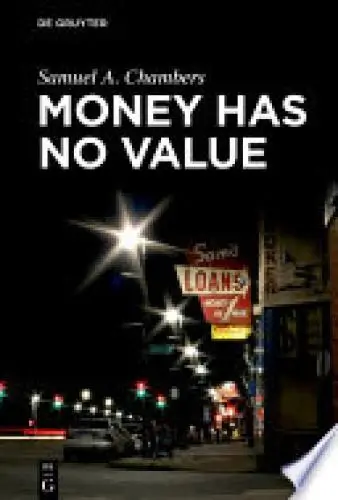
Money Has No Value
What's it about?
Money Has No Value by Samuel A. Chambers delves into the complex dynamics of money in modern economies. The book challenges traditional notions by arguing that money's value is not inherent but socially constructed. You'll explore how monetary systems function beyond mere transactions, emphasizing their role in shaping social and political structures. Engage with thought-provoking ideas that question the very essence of economic value and invite you to reconsider how money influences daily life and governance.
About the Author
Samuel A. Chambers is a political theorist whose work explores the intersections of politics, culture, and aesthetics. Notable for his rigorous analysis and critical perspective, Chambers engages with themes such as democracy, neoliberalism, and queer theory, offering nuanced insights into contemporary political dynamics and cultural phenomena.
5 Key Ideas of Money Has No Value
Redefining Wealth Beyond Currency
True wealth is measured by the life experiences and relationships we cultivate, not just by the digits in our bank account.
Imagine a millionaire who feels empty versus a teacher surrounded by the joy of family and friends. The latter often feels far richer in life’s intangible treasures.
- Sustainability of Happiness: Research shows lasting happiness stems more from meaningful relationships than material possessions.
- Experiential Value: Experiences like travel and shared moments create memories that outlast physical objects.
- Community and Support: Strong networks often provide security that money can't buy, offering emotional and sometimes material support in times of need.
Schedule a coffee catch-up with a friend you haven't seen in a while and invest in nurturing those connections.
Avoid equating financial freedom with wealth; wealth is not just what can be measured on a balance sheet but what enriches our lives daily.
The Myth of Financial Security
Relying solely on financial wealth as your security blanket is like standing on quicksand—stable today but unstable tomorrow.
Consider a giant oak tree standing tall, confident in its strength until the storm unearths its shallow roots. Many rely on money but forget the significance of a diverse support system.
- Economic Instability: Economic climates fluctuate, making sole reliance on finances a risky venture.
- Health and Well-being: Without health, wealth has little use; a balanced life contributes to overall security.
- Skill Development: Skills and adaptability in changing job markets ensure continued relevance more than static savings.
Identify one skill to improve or acquire—take a course or read a book to start building it this week.
Don't assume a large savings account ensures lifelong security; invest in self-development and maintaining a holistic balance.
Need vs. Want: The Power of Intentional Consumption
Distinguishing between needs and wants leads to mindful consumption, ultimately creating more value from less.
Think of an artist with a limited color palette who creates masterpieces by focusing on quality and intention, rather than an abundance of materials.
- Reduces Waste: Understanding your true needs helps minimize unnecessary clutter and environmental impact.
- Increases Joy: Mindful purchases bring more satisfaction as they fulfill genuine needs.
- Financial Health: Prioritizing needs over wants guards against debt and promotes savings.
Before your next purchase, ask yourself: 'Is this a need or a want?' Create a delay for wants to reassess their value.
Beware of impulse buying driven by short-term emotions; make intentional decisions based on long-term satisfaction.
Deeper knowledge. Personal growth. Unlocked.
Unlock this book's key ideas and 15M+ more. Learn with quick, impactful summaries.
Read Full SummarySign up and read for free!
Money Has No Value Summary: Common Questions
"Money isn't everything. We can't take it with us when we go, and it doesn't buy happiness. But it sure is hard to live without it." This quote from Money Has No Value encapsulates the central theme of the book, where Samuel A. Chambers explores the intricacies of the financial world and its impact on individuals and society.
The book delves into the psychological and social implications of our obsession with money. Chambers skillfully weaves together real-life examples and thought-provoking analysis, provoking readers to question their relationship with wealth and material possessions. His insights on the nature of currency and its broader implications make the reader reflect on the true value of money beyond its purchasing power.
Money Has No Value is a compelling read that challenges conventional beliefs about money and its influence on our lives. If you enjoy introspective works that explore societal norms and values, this book is a must-read.
Experience Personalized Book Summaries, Today!
Discover a new way to gain knowledge, and save time.
Sign up for our 7-day trial now.
No Credit Card Needed

Similar Books

Forex Trading QuickStart Guide
Troy Noonan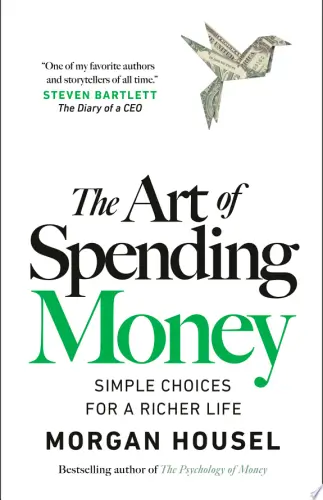
The Art of Spending Money
Morgan Housel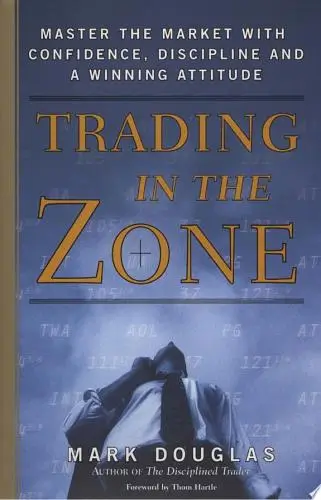
Trading in the Zone
Mark Douglas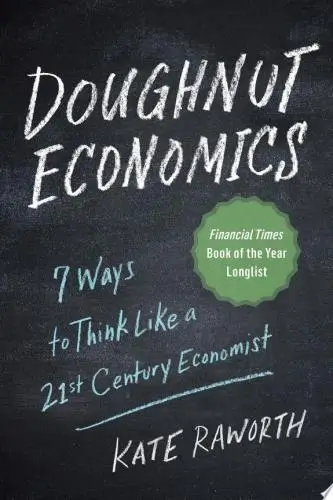
Doughnut Economics
Kate Raworth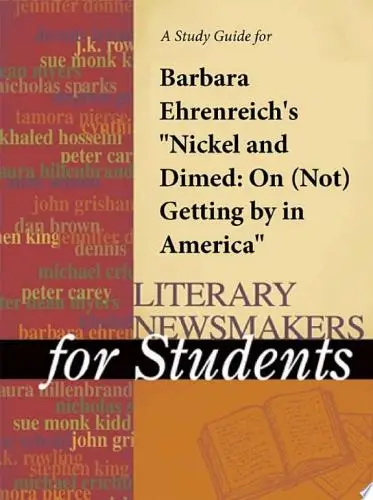
A study guide for Barbara Ehrenreich's "Nickel and Dimed: On (Not) Getting By in America"
Gale, Cengage Learning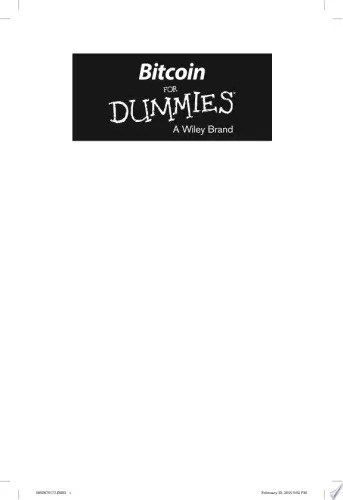
Bitcoin For Dummies
Prypto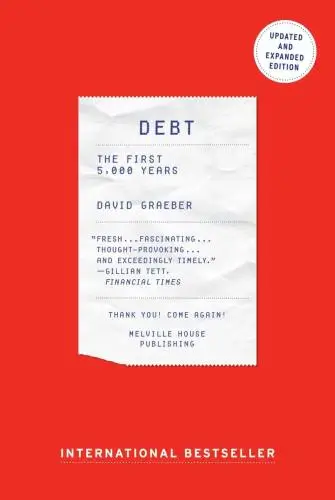
Debt
David Graeber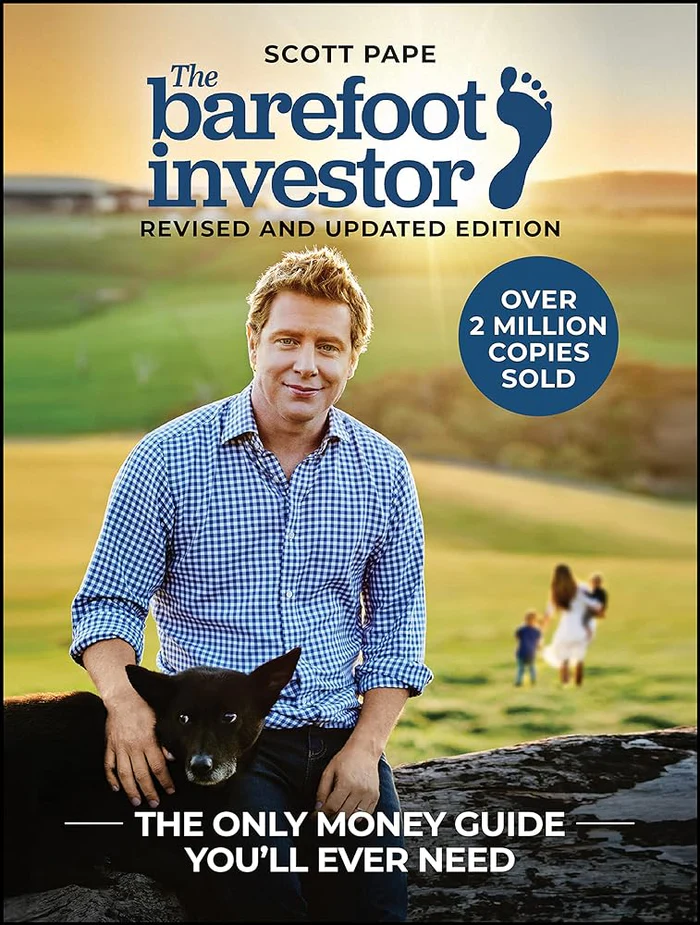
The Barefoot Investor
Scott Pape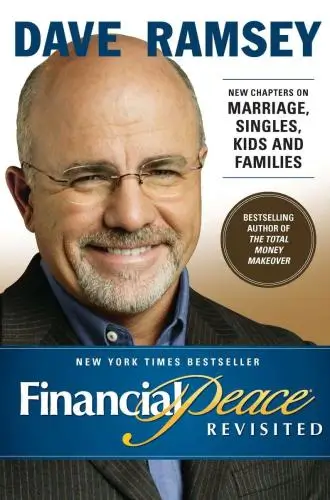
Financial Peace
Dave Ramsey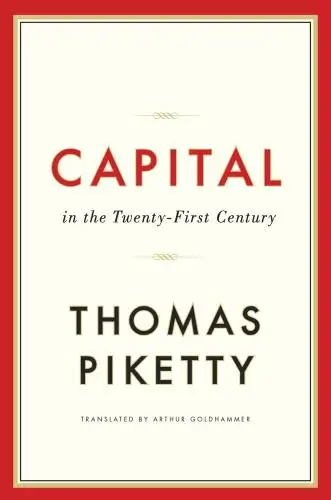
Capital in the Twenty-First Century
Thomas PikettyTrending Summaries

Peak
Anders Ericsson
Never Split the Difference
Chris Voss
Smart Brevity
Jim VandeHei
The Psychology of Money
Morgan Housel
The First 90 Days
Michael D. Watkins
Atomic Habits
James Clear
Thinking, Fast and Slow
Daniel Kahneman
The Body Keeps the Score
Bessel van der Kolk M.D.
The Power of Regret
Daniel H. Pink
The Compound Effect
Darren HardyNew Books

Forex Trading QuickStart Guide
Troy Noonan
Comprehensive Casebook of Cognitive Therapy
Frank M. Dattilio
The White Night of St. Petersburg
Michel (Prince of Greece)
Demystifying Climate Models
Andrew Gettelman
The Hobbit
J.R.R. Tolkien
The Decision Book
Mikael Krogerus
The Decision Book: 50 Models for Strategic Thinking
Mikael Krogerus
Fichte
Johann Gottlieb Fichte
Do No Harm
Henry Marsh
